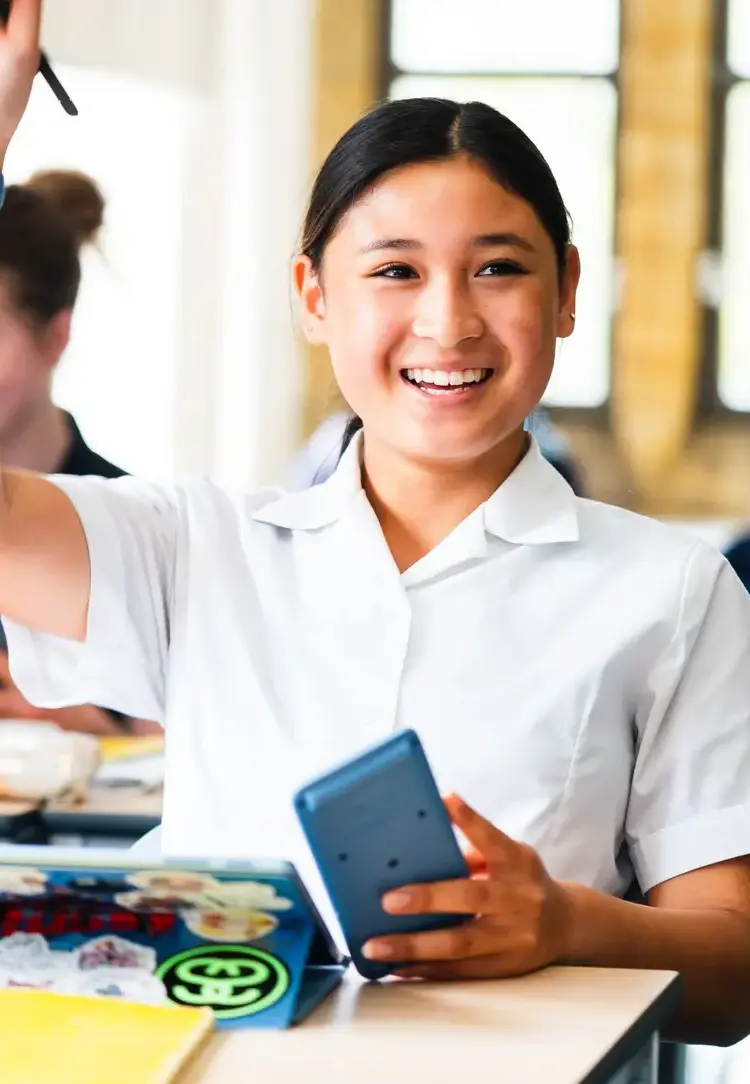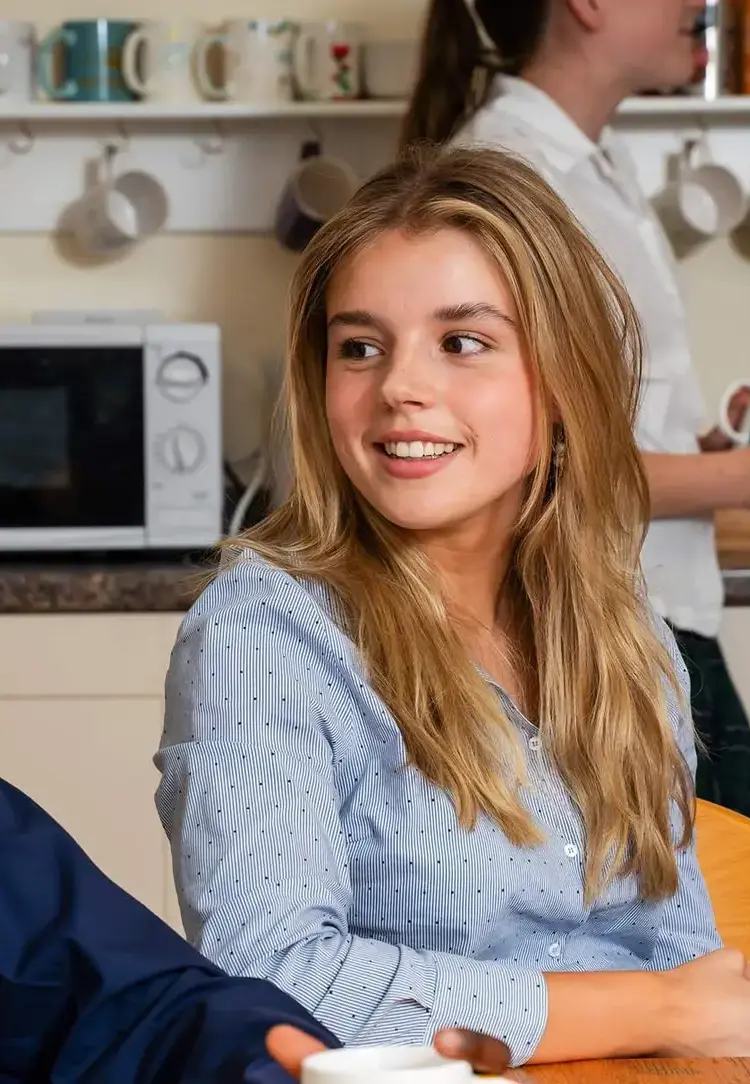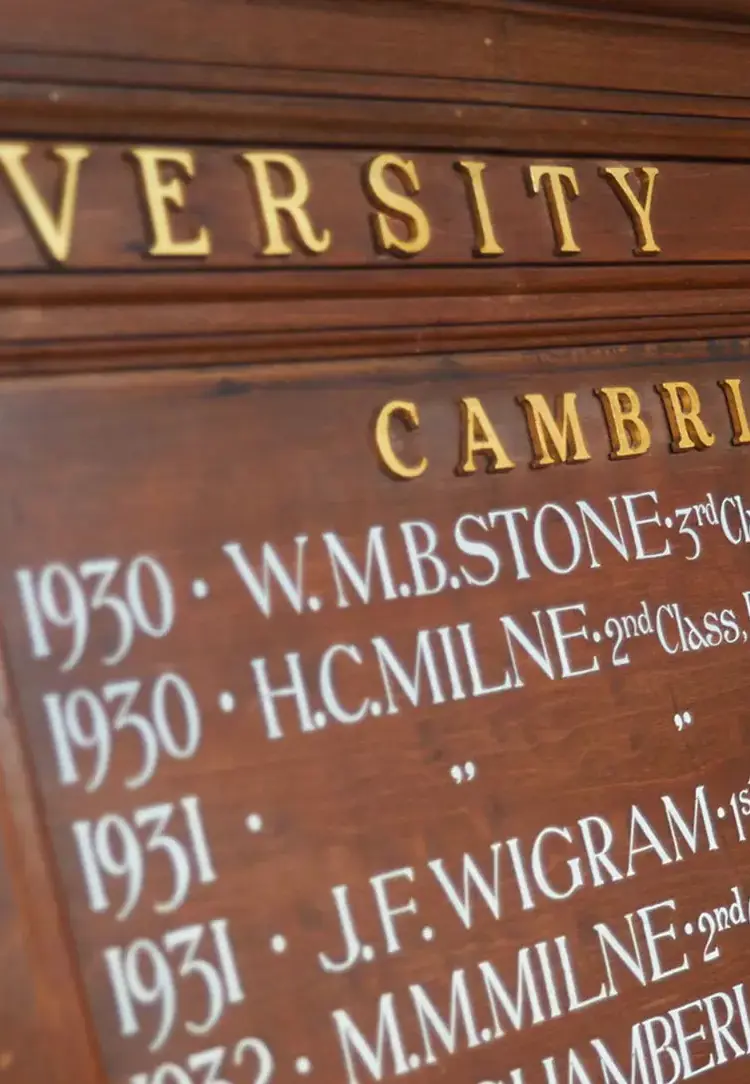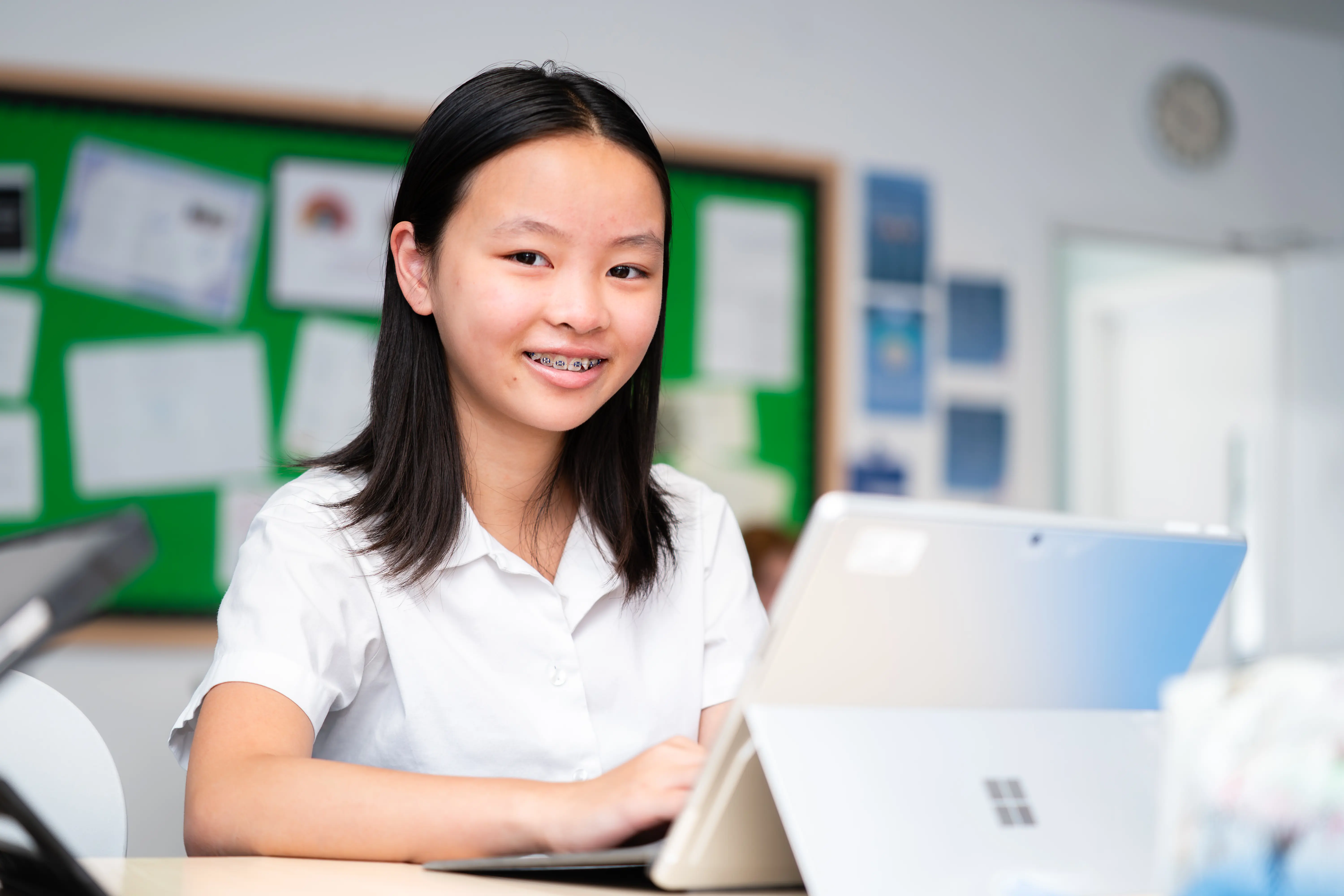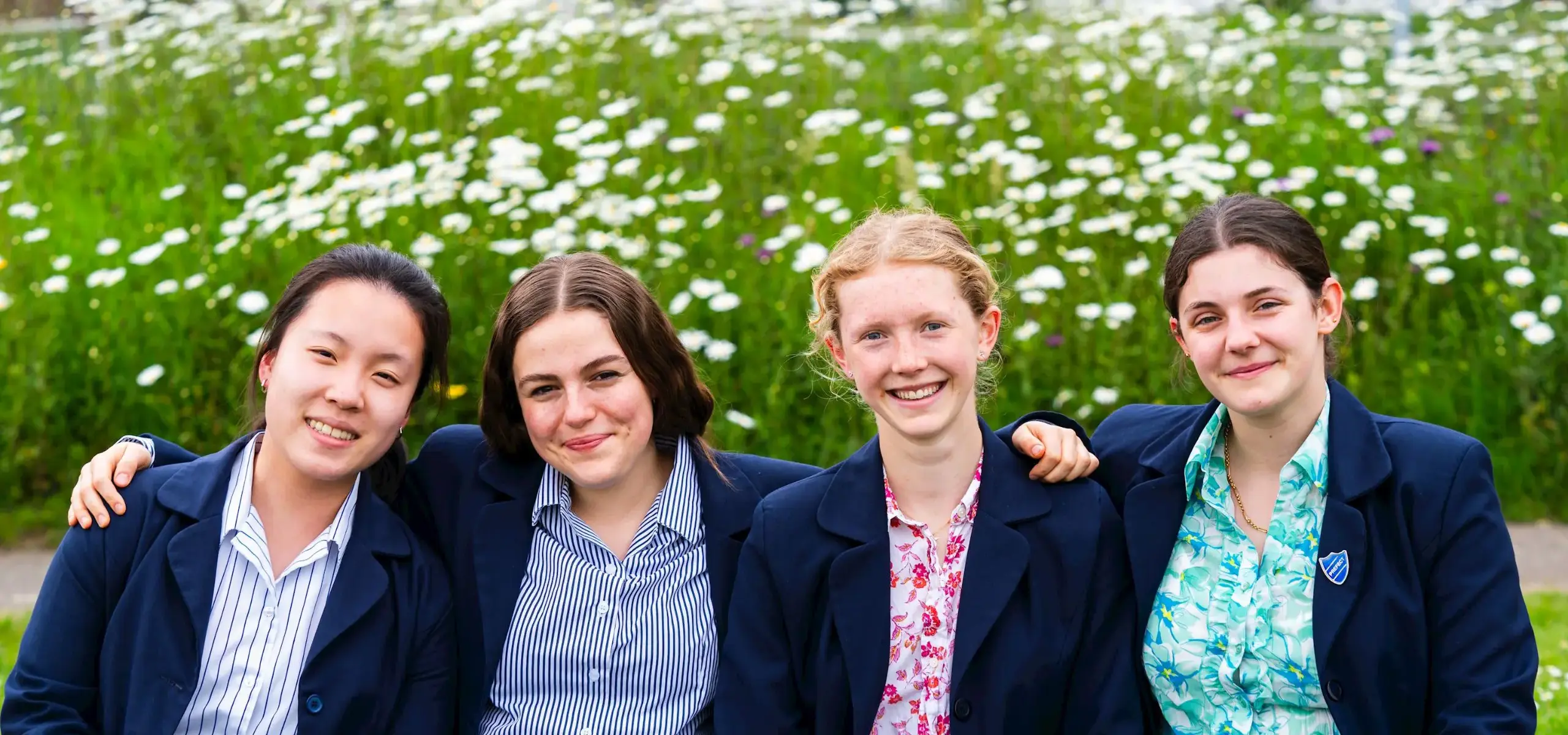Prepping for the Future
By Mrs Kate Scorer, Assistant Head (Academic Enrichment and Aspiration)
There is an episode of The Simpsons in which Bart’s teacher sends a letter home complaining that Bart has not done his homework. Homer, Bart’s father, in an uncharacteristic moment of strict parenting, not only decides that Bart should do this homework, but do more. Mum Marge, meanwhile, is worried that completing this homework could dampen Bart’s enthusiasm for learning. Homework is clearly a ‘wedge issue’, dividing people who otherwise agree. Should children do homework at all? Why? And what should it look like?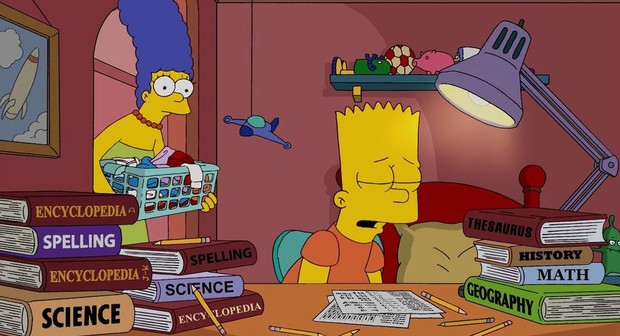
In a recent academic study of homework, it was argued that, “Teachers should not abandon homework. Instead, they should improve its instructional quality.” When homework is used effectively, it benefits pupil outcomes. Exemplary homework should be purposeful; challenging but not too difficult; and an appropriate quantity of homework should be set, not taking pupils away from other co-curricular and social activities.
At Sherborne Girls, we have adopted a new approach to homework for pupils aged 11 – 14. In a nutshell, they have less homework, with nothing is scheduled for completion between Friday and Sunday. Importantly, what homework involves has changed too. In the world of fitness, HIT workouts have long been popular; the key idea is that short bursts of High Intensity Training can produce better results than longer, less-focused exercises. We’ve adopted the same approach with homework; the girls complete High Intensity Tasks (HIT) in their academic subjects. These activities take 15 – 20 minutes and require a high level of engagement from pupils. Tasks might include learning new verb endings for French, completing five tricky algebra questions for Maths, or evaluating an experiment for Chemistry.
Hand-in-hand with the frequent High Impact Tasks, and at the very heart of our homework strategy, are our matrix tasks. Pupils complete one project per subject termly, and can select their projects from a menu of four tasks, each one linking to one of the four C’s (Communication, Collaboration, Critical Thinking and Creativity), identified by the World Economic Forum as the set of skills twenty-first century employers consider most important in prospective employees, and skills which underpin learning at SG. These tasks are designed to be open-ended, to stretch and challenge the most able pupils whilst allowing every girl to select options which engage and excite them.
 At the time of writing, pupils in Year 7 are completing matrix tasks in History. These range from creating labelled illustrations of a medieval village at the time of the Black Death, to writing an essay assessing how whether the medieval pandemic had a positive impact on society. Year 8 pupils are grappling with Macbeth in English, preparing presentations, and re-enacting the story from the perspective of Macduff. Meanwhile, Year 9 are completing tasks for Geography focusing on the impact of the global fashion industry. Teachers have commented on how pupils are really going above-and-beyond in their matrix tasks, routinely producing work which showcases first-rate thinking and effort.
At the time of writing, pupils in Year 7 are completing matrix tasks in History. These range from creating labelled illustrations of a medieval village at the time of the Black Death, to writing an essay assessing how whether the medieval pandemic had a positive impact on society. Year 8 pupils are grappling with Macbeth in English, preparing presentations, and re-enacting the story from the perspective of Macduff. Meanwhile, Year 9 are completing tasks for Geography focusing on the impact of the global fashion industry. Teachers have commented on how pupils are really going above-and-beyond in their matrix tasks, routinely producing work which showcases first-rate thinking and effort.
And whilst homework is sometimes accused of stifling creativity, our matrix tasks have done the opposite. Creative subjects including Music and Drama, previously excluded from the homework rota, have set tasks too. Pupils have produced a silent film for Drama and created documentaries outlining the orchestral instruments and their families for Music. Furthermore, by embracing a mantra of quality not quantity when it comes to homework, students have more time to read, to socialise, and to spend time outside.
Our homework policy is also designed to help our pupils make a smooth transition to their GCSE study and A Level study. HIT preps help the girls to develop strategies for learning content, enable them to focus on tricky questions for maths and science, and to be familiar with excellent analysis in English and the Humanities. Teachers continue to set HIT preps in Year 10 and beyond, confident in the efficacy and importance of these bursts of concentrated work. Through the matrix tasks, pupils develop independence, confidence in their own abilities and interests, and a lasting sense of pride in their work.
Adopting the right approach to homework is so important, future-proofing our pupils by meeting the needs of future employees. To quote one girl in Year 9; “Matrix tasks are better than normal homework because they make you think critically, solve problems, and apply knowledge in creative ways. They make preps more engaging and impactful. I love them!”


